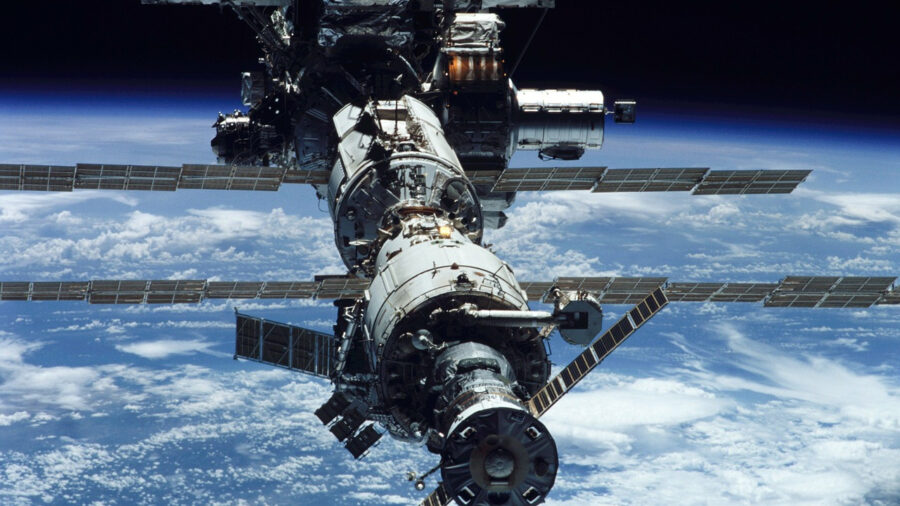There Are Now Major Fines For Space Debris

In an unprecedented move, the FCC has slapped Dish Network with a $150,000 penalty for their failure to relocate the decommissioned EchoStar 7 satellite as stipulated. The company has acknowledged its oversight in not steering the defunct satellite to the predetermined safe zone.
The sheer volume of debris orbiting Earth presents a significant threat to crucial assets like the International Space Station, astronauts in space, operational satellites, and upcoming spacecraft. Given the velocity at which these space remnants move, even minuscule fragments can inflict catastrophic, if not fatal, damage.
The FCC has given Dish Network a $150,000 penalty for their failure to relocate the decommissioned EchoStar 7 satellite
Upon probing, the FCC ascertained Dish Network’s breach of the Communications Act and their contractual obligations, culminating in the hefty space debris fine.
Back in 2012, as part of its preparatory measures for the satellite’s eventual decommissioning, Dish Network committed to shifting it an additional 186 miles from its then-current orbit by May 2022.
However, to their dismay, they found the satellite depleted of the required fuel to achieve this, managing a mere 76-mile push. As a result, EchoStar 7 remains a lingering peril in Earth’s orbit.

The satellite’s stationary status prompted the FCC to embark on its inquiry, subsequently unearthing the company’s infractions. In a public statement issued by the FCC, its Enforcement Bureau Chief, Loyaan A. Egal, underscored the significance of the verdict, stating, “This settlement underscores the robust enforcement authority the FCC possesses and our unyielding commitment to upholding pivotal space debris regulations.”
Space debris encompasses not just defunct satellites but also the remnants emerging from collisions, anti-satellite actions, or general wear and tear. These revolve in a geocentric orbit, mirroring the 2000 active satellites. If left unchecked, this floating debris could clutter Earth’s orbit for many generations to come.
Space debris encompasses not just defunct satellites but also the remnants emerging from collisions, anti-satellite actions, or general wear and tear.
As our eyes turn towards new cosmic frontiers and lunar ventures, meticulous precautions are imperative to negate the threats posed by space debris. Presently, satellites already undergo numerous maneuver alterations yearly to dodge potential clashes.
Drawing attention to the perils, in 2021, a sizable fragment of space waste collided with the CanadArm2’s robotic appendage on the International Space Station, resulting in a 5mm puncture. Thankfully, the inflicted damage didn’t impede the robotic arm’s functions.
Annually, the cosmos witnesses an influx of various objects—ranging from satellites and probes to crewed expeditions and components of space stations. The United Nations Office for Outer Space Affairs documented close to 2,500 such launches globally in 2022.
While a fraction of these re-entered Earth either intentionally, through natural orbital decay, or by departing Earth’s gravitational pull, a significant number continue to orbit.
With the FCC’s groundbreaking verdict against DISH Network, a precedent has been set. The message is clear: entities failing to adhere to space debris management norms will face stringent penalties. This stance is anticipated to galvanize agencies, corporations, and governing bodies to be more proactive during the twilight phases of their orbital equipment’s life cycle.












